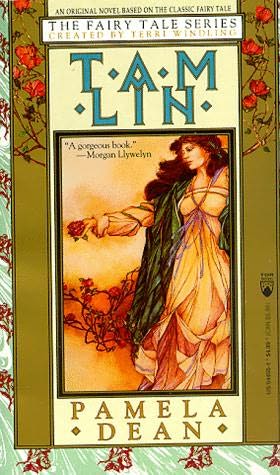Me: Hello, I'm Taryn. I am going to be your author.
Blokey: Charmed I'm sure but I don't actually have a story. I charge people to patch up their stories. Or destroy them depending on your perspective.
Me: Sounds like a story to me. What did you say your name was?
Blokey: I didn't.
Me: Ah, well do you think--
Blokey: No.
Me: Can I ask why not?
Blokey: You just did.
Me: Could you answer?
Blokey: The question or the name?
Me: Preferably both.
Blokey: Would you answer if you had a slew of unsatisfied revenge clients on your resume?
Me: Are you always this evasive?
Blokey: Do you always ask this many questions?
Me: I'm your author not a reporter. I won't tell anybody anything you don't want them to know.
Blokey: Except your readers, editors and people at cocktail parties.
Me: I don't go to cocktail parties.
Blokey: Nevertheless.
Me: I'll make a deal with you. You tell me your name and I'll let you narrate your own story. You don't have to reveal anything you don't want to.
Blokey: Blain Fairchild.
Me: I'm your author. I know when you're lying.
Blokey: Blain Thornton then.
Me: You're sure about the Blain are you?
Blokey: For the purpose at hand.
Me: Bugger it. All I need is a baby name book. I'll find your name eventually.
Blokey: Take your time.
(I read through a stack of baby name books and the archives at behindthename.com)
Me: Look, if you don't tell me your name I'll turn you into a hero. You'll come charging in the last few pages of the book and save the day.
Blokey: You already did that.
(with a sigh I read through the phone book, a list of America's most wanted and the church directory)
Me: If you don't tell me you're name I'll kill you off in the last scene.
Blokey: No you won't. If you kill me off I won't be around for the sequel.
Me: I'm not writing you a sequel. I hate sequels.
Blokey: I hate heroism.
Me: Bugger it.
Blokey: You already said that. You're not even British. Why do you fantasy nerds always swear in British?
Me: 'British' isn't a language and you're getting off subject. You're going to make mly dialogue ramble.
Blokey: I think its a combination of Tolkien and Pratchett influences with the subconcious knowledge that most western folk lore popularized in the U.S. originated on the British isles.
Me: Please don't monologue.
Blokey: I never monologue.
Me: Ha.
Blokey: Internal doesn't count.
Me: Tell me your name or I'll give you a white charger to ride while you save the day.
Blokey: Don't make me sick.
Me: I will. With a long mane flowing in the wind. You will be wearing armor that glints in the sunlight, a huge feather in your helmet and carry a glimmering sword.
Silence
Me: Well?
Silence
Me: Don't you at least have something frustrating to say?
Silence
Me: Oh my. Oh my, oh my, oh my.
Blokey: You sound like one of my clients.
Me: You don't know do you? Well of course you don't. You were a foundling. Madam Leona never bothered to give you a name. You were just the errand boy. An outsider. You never had a story of your own. That's why you got to be so good at manipulating the outcome of other people's stories. I'm right aren't I?
Blokey: I don't suppose there would be any point in denying it?
Me: I'm your author. I know everything about you.
Blokey: Except my name.
Me: Bugger it.
Blokey: About that white charger. And the shiny sword.
Me: Don't worry. Even I'm not that cruel.






